
Tackling the toughest challenges in cancer
In 2015 we launched a series of £20m awards for researchers attempting game changing research.
These are the most ambitious grants in the world allowing international research teams to take on the biggest problems in cancer research, our Grand Challenges.
Last year, we set seven Grand Challenges and asked multidisciplinary teams from across the world to submit proposals to tackle them – nine pioneering teams were shortlisted from 56 bids.
Our independent scientific advisory panel were so excited by the potential of these shortlisted teams, they urged us to increase our investment from one award.
Thanks to the generous support of partners and donors we are able to fund not just one, but four of these exceptional teams.
Round 2
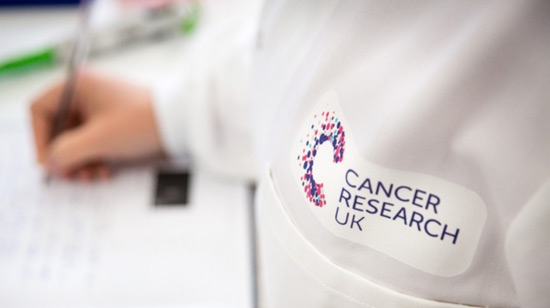
Four projects funded
With the help of the UK public, The Dutch Cancer Society, and a private donation we’re able to fund four remarkable Grand Challenge teams – each receiving up to £20m over the next five years.
Identifying unknown preventable causes of cancer
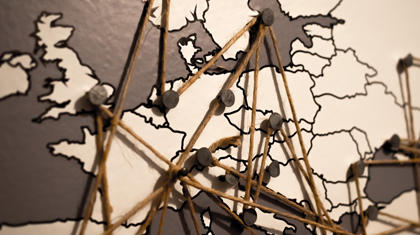
In a project of epic scale that spans 5 continents, Professor Stratton’s team aim to build a deeper understanding of what causes DNA damage and how it leads to cancer. Their work could help prevent more cancers and reduce the global burden of this disease.
Creating virtual reality maps of tumours
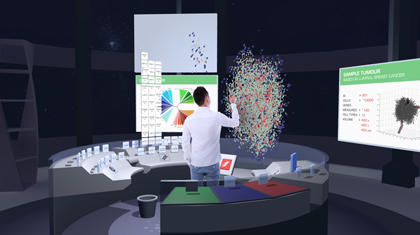
Combining established techniques with new technology, Professor Hannon’s team will build 3D tumours containing every cell in them, which can be studied using virtual reality. This new way of studying breast cancer could change how the disease is diagnosed, treated and managed.
Preventing unnecessary breast cancer treatment
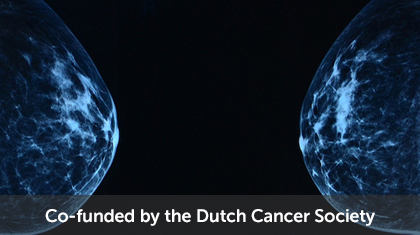
By studying tissue samples from women with DCIS (a condition which can sometimes develop into breast cancer), Dr Wesseling’s team aims to determine how to distinguish between those who need treatment and those who don’t, which could spare thousands of women unnecessary treatment.
Studying tumour metabolism from every angle

Using various new mass spectrometry imaging techniques, the team led by Dr Bunch will develop a new way to map tumours in unprecedented detail – from the whole tumour to the individual molecules in cells. The work could lead to new ways to diagnose and treat cancer.
Apply for round 2
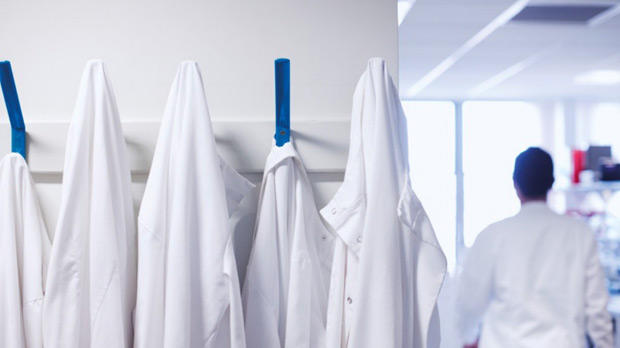
New challenges will be announced in summer 2017. Applications will be invited from teams comprising:
- All career stages
- Multiple disciplines
- Any country
- Funding up to £20m over 5 years
Hear from Dr Rick Klausner
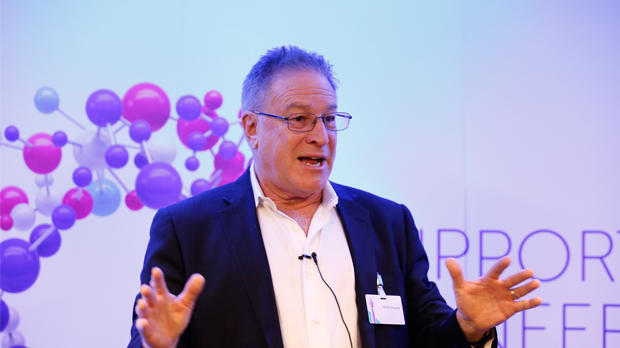
“They were among the most exciting grants I’ve ever read”
Read our blog to understand why Dr Rick Klausner, chair of our Scientific Advisory Panel, was so impressed with the four winning Grand Challenge teams.
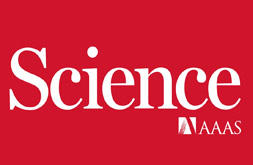
U.K. cancer charity awards £71 million for four major research challenges
'Cancer Research UK, the cancer charity based in London, today announced up to £71 million in awards to four teams that will tackle some of the most daunting problems in cancer research. '

'Science fiction writers have long toyed with the concept of venturing through the human body to fight ailments from within. Now local researchers are working to make that a reality.'
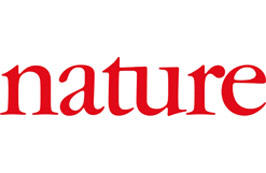
Follow us
Support us
Grand Challenge is only possible thanks to people like you. At Cancer Research, we receive no government funding for our research.
If you've been inspired to support our most ambitious and innovative funding scheme to date, you can donate today.
Text GRANDC to 70200 to donate £5
